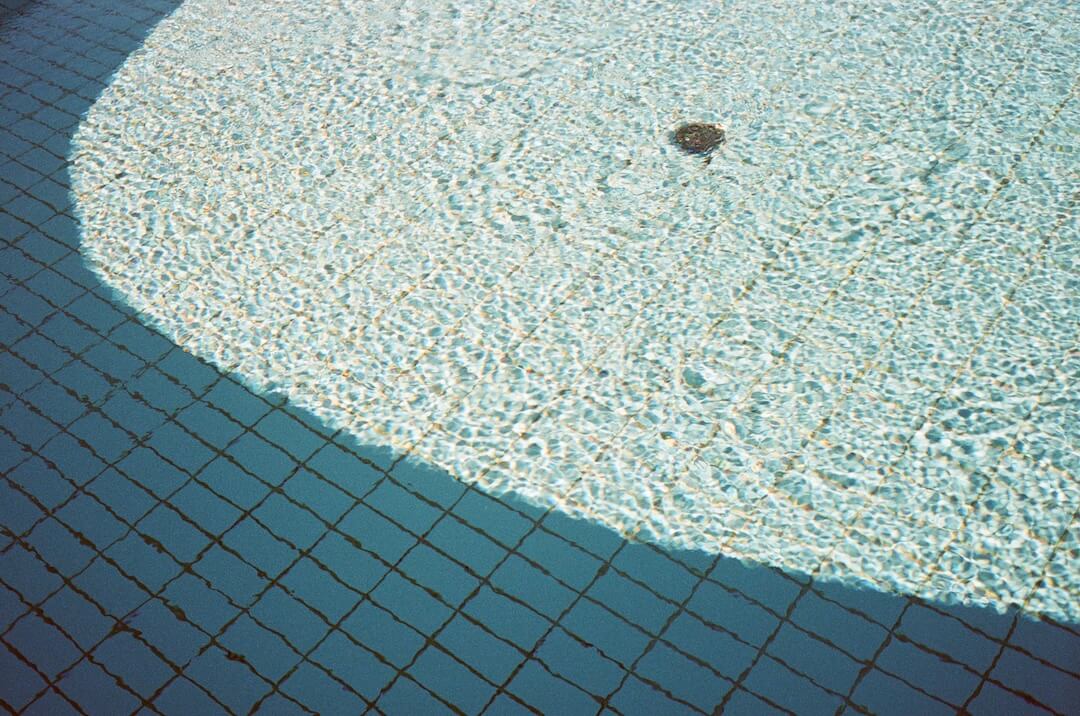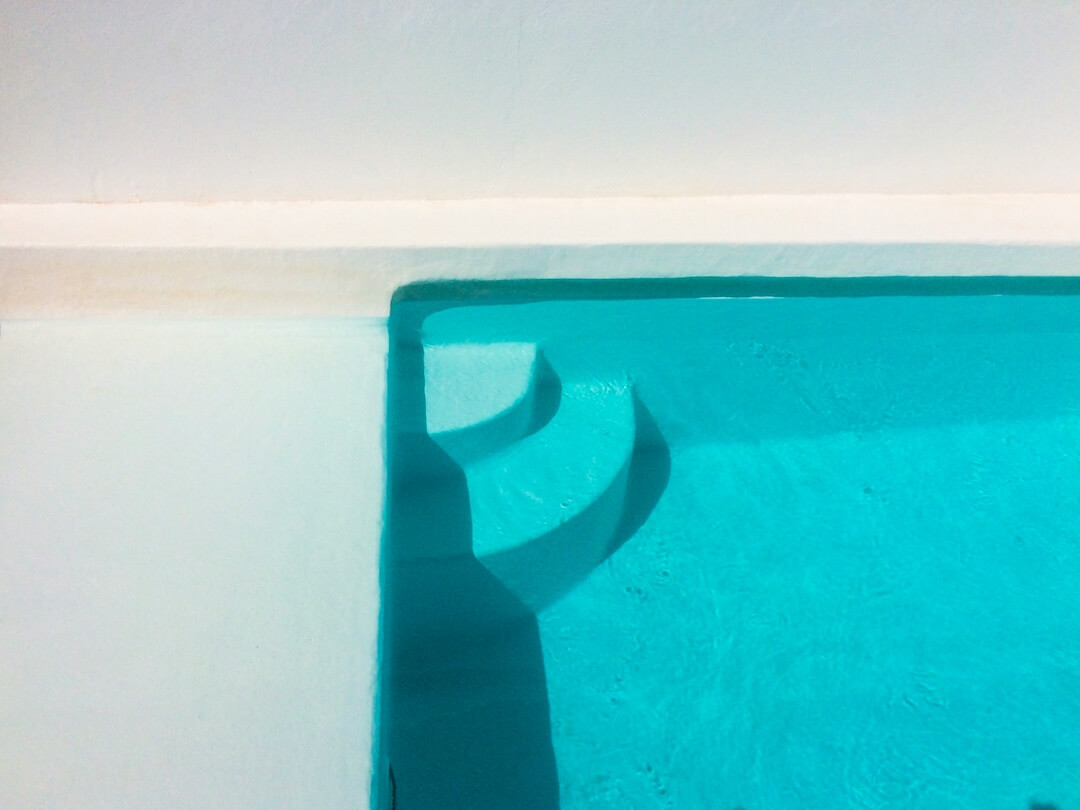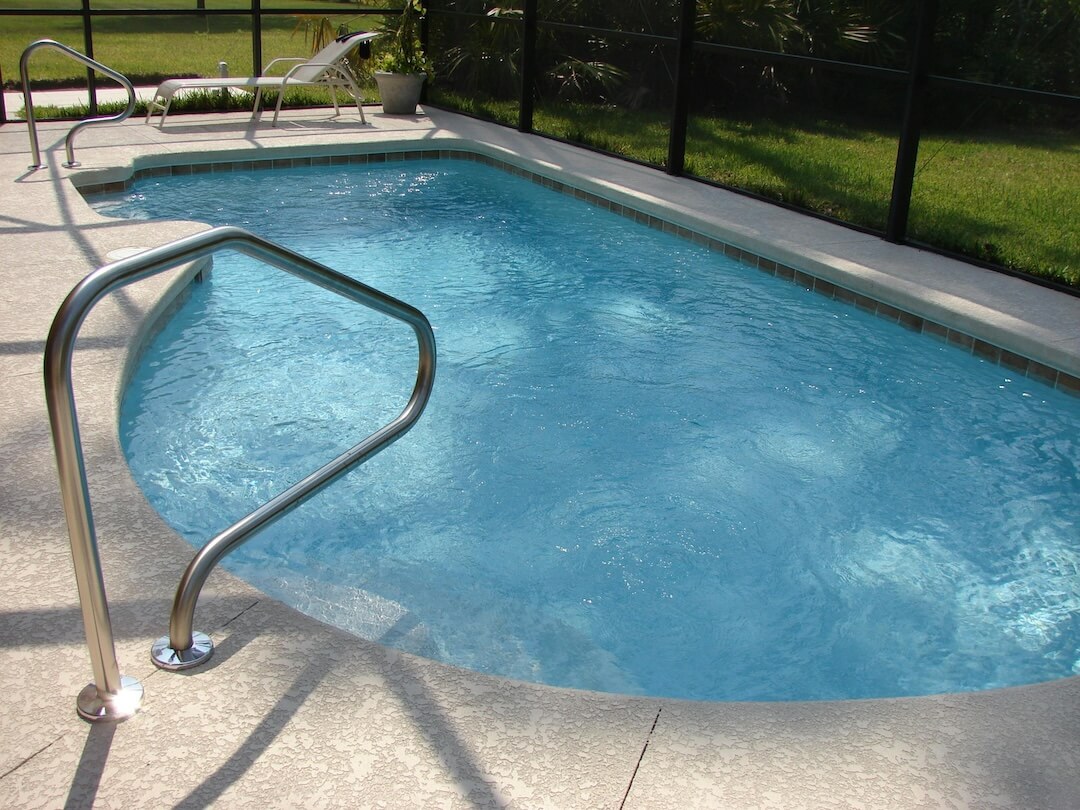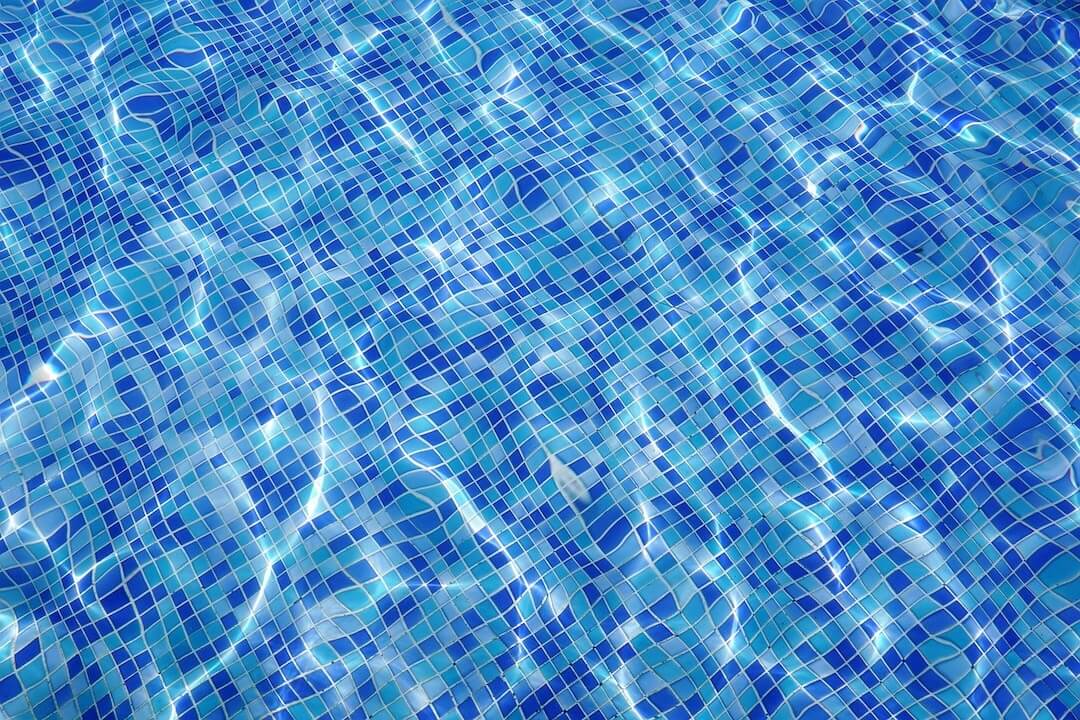Proper testing of pH and alkalinity levels is essential for maintaining a safe, clean, and inviting pool. Discover expert tips and professional services that help you keep your water balanced all season long.
Maintaining the correct pH in your pool is crucial for preventing issues such as skin irritation, equipment corrosion, and algae growth. A balanced pH level typically ranges from 7.2 to 7.8, ensuring water feels comfortable and chemicals work effectively. In Florida’s humid climate, pH fluctuations can occur more frequently due to weather conditions, making regular testing vital. By monitoring pH levels consistently, pool owners can safeguard their investment, improve swimmer comfort, and reduce the need for costly repairs or chemical adjustments. Accurate testing methods, whether via digital meters or test strips, are accessible for both DIY enthusiasts and professionals. Understanding how to interpret your test results allows for timely adjustments, creating a safer swimming environment for family and friends.
Alkalinity acts as a buffer in your pool water, helping to maintain stable pH levels and prevent sudden shifts that can harm your pool equipment and swimmers. Ideal alkalinity readings usually fall between 80 and 120 ppm (parts per million). When alkalinity is too low, pH levels can fluctuate rapidly, leading to water that’s either too acidic or too alkaline, both of which cause discomfort and damage. Conversely, high alkalinity can make pH regulation difficult, resulting in cloudy water and scaling issues.

Regular testing and adjustment of alkalinity are especially important in Florida, where frequent rainfalls and high temperatures can influence water chemistry. Proper alkalinity control ensures your pool remains balanced, reduces chemical usage, and extends the lifespan of your pool’s components. Techniques for adjusting alkalinity include adding sodium bicarbonate or specialized alkalinity increasers, with precise measurements based on test results.
Accurate testing begins with choosing the right tools—test strips, liquid test kits, or digital meters. Each method offers different levels of precision; digital testers provide quick and highly accurate results, while test strips are convenient for quick checks. To test pH, collect a water sample and immerse your testing device, then compare the color change or digital readout to the provided scale. For alkalinity, a similar process applies, often using a titration method to determine exact ppm levels. In Florida’s climate, testing frequency should increase during hot summers and periods of heavy rain to catch pH swings early.

Best practices include testing at the same time each week, after heavy rain, or following chemical additions. Proper sample collection—away from skimmers, returns, and in the middle of the pool—ensures consistent results. After testing, adjustments can be made with the appropriate chemicals, always following manufacturer instructions and safety precautions.
Once testing reveals imbalances, it's essential to correct them promptly to maintain water quality and protect your pool equipment. If pH is too low (below 7.2), adding a pH increaser such as sodium carbonate or soda ash can raise levels quickly. Conversely, if pH exceeds 7.8, a pH reducer like muriatic acid or sodium bisulfate should be used cautiously to bring levels down. For alkalinity, adding sodium bicarbonate (baking soda) can boost low alkalinity, while acid adjustments can lower high alkalinity. In Florida’s climate, frequent testing and adjustment are necessary to manage pH swings caused by environmental factors.

Always add chemicals gradually and in small doses, retesting after each addition to prevent overcorrection. Maintaining proper water chemistry not only enhances the comfort of swimmers but also prolongs the lifespan of your pool’s structure and equipment. Professional pool technicians can assist with precise chemical balancing, especially for complex imbalances or persistent issues.
Keeping your pool’s pH and alkalinity balanced is an ongoing process, particularly in Florida’s unique climate. Regular testing—at least once a week—is the foundation of good water chemistry management. Incorporate testing into your routine, especially after heavy rainstorms, hot days, or chemical treatments. Use high-quality testing kits for accurate readings and keep a log to track trends over time. Adjust chemical levels based on test results, focusing on maintaining pH between 7.2 and 7.8, and alkalinity between 80 and 120 ppm. Additionally, consider the use of stabilizers and algaecides to prevent algae growth during humid summer months.

Proper filtration and circulation are also key to evenly distributing chemicals and preventing localized imbalances. Regular cleaning of filters and skimmers, combined with water testing and chemical adjustments, will ensure your pool remains inviting, safe, and ready for enjoyment. Consulting with a professional in Golfview Heights can help tailor a maintenance schedule that suits Florida’s weather patterns, ensuring your pool stays pristine year-round.
Our professionals possess industry-leading certifications and years of experience in pool water chemistry, guaranteeing precise testing and effective balancing tailored to Florida’s specific climate challenges.
We utilize state-of-the-art digital testers and high-quality test kits to deliver rapid, accurate results, enabling us to diagnose issues and recommend solutions efficiently for your pool.
Our team offers personalized pool maintenance strategies that consider your unique usage patterns, environmental factors, and local Florida weather, ensuring optimal water chemistry year-round.
We prioritize prompt response times and dependable scheduling, so your pool’s water chemistry remains balanced without interruptions, keeping your swimming experience safe and enjoyable.
When unexpected pH or alkalinity issues threaten your pool’s safety, our emergency services provide rapid troubleshooting and corrective solutions. Contact us anytime, day or night, for fast, professional assistance to restore balance and water clarity.